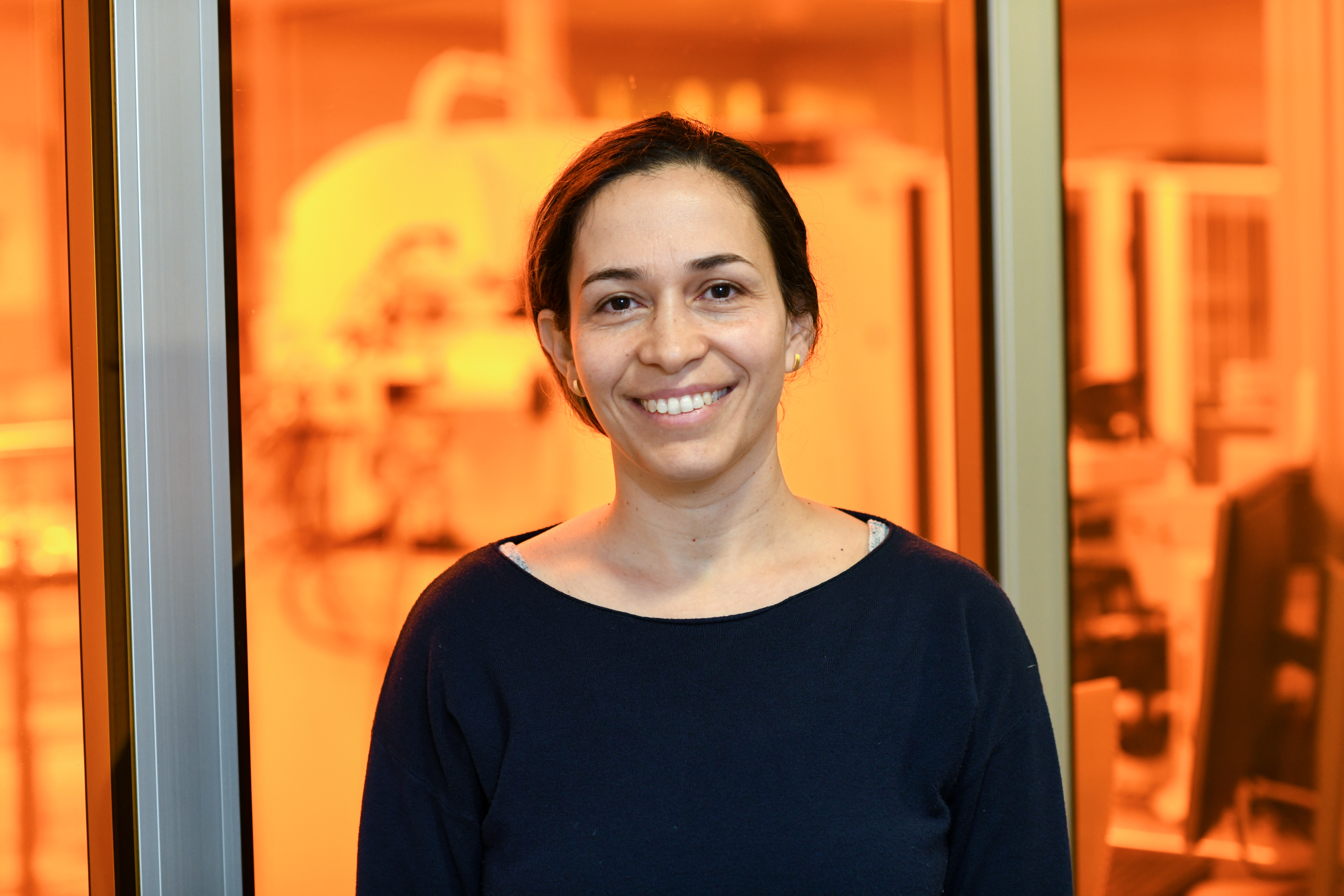Instrument Specification
Rapid Thermal Processing [RTP] is an advanced wafer processing technology used to expose wafers to heat over a short period of time. The term RTP applies to equipment that processes wafers at high throughput due to the ability to ramp temperature up and down in a matter of seconds.
The system enables different applications such as annealing, oxidation and nitridation. The benefits of using rapid thermal annealing include: the removal of defects introduced by ion implantation; the activation of species with little movement of the dopants (impurities that have been added to semiconductors); increasing the density of deposited film; the changing of film-to-film or film-to-water substrate interfaces; changing the states of grown films, and moving the dopants from one film to another, or into the wafer substrate.
Features
- Temperature range: RT to 1500°C
- Ramp rate up to 200°C/sec on silicon.
- Cooling rate up to 100°C/s with special equipment.
- Gas mixing capability with mass flow controllers for N2, O2, Ar.
- Up to 4-inch wafer size.
- Vacuum range: Atmosphere to 2 E-5 Torr
- Stainless steel cold wall chamber technology:
- High process reproducibility.
- Ultra clean and contamination-free environment.
- High cooling rates and low memory effect.
- Pyrometer and thermocouple control.
- Fast digital PID temperature controller.
- Edge pyrometer viewport ensures enhanced temperature control of the susceptor for compound semiconductors and small samples.
Location
Staff Contacts
-

Sigal Keshet
Research & Development Engineer
Training information
- Because of the extreme heat potential, A misprocessing can be fatal for the instrument, and the cleanroom there for great caution is needed when using this tool. As a result, training is adaptive to the user.
- Meeting with the tool owner for presentation and discussion of the desired application and setting up a strategy for student qualification 0.5 hour.
- For a user who needs a specific process, the parameters are not changed:
- Basic training and process run 1 hour.
- Second run with user hands-on and staff supervision.
- The user gets a basic user login user.
- For advanced usage in which the user can create his own process
- 2-3 hours of training going over all the options and the process built in relation to the user needs.
- 2 hours or more process escorts.
- Repeated escorting till proficiency is achieved.







